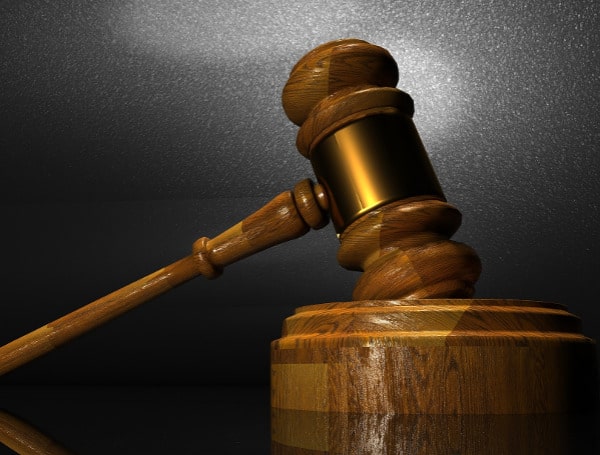The Florida Supreme Court on Thursday declined a request by parents of a slain student to weigh in on a potential lawsuit against gun maker Smith & Wesson and a gun seller stemming from the 2018 mass shooting at Marjory Stoneman Douglas High School.
The Supreme Court decision was a setback for Fred and Jennifer Guttenberg, whose 14-year-old daughter, Jaime, was among 17 students and faculty members killed in the Parkland shooting.
The Guttenbergs went to the Supreme Court in February as they tried to determine whether to file a lawsuit against Smith & Wesson and Sunrise Tactical Supply, which sold a semi-automatic rifle that gunman Nikolas Cruz used in the murders.
As a precursor to filing a lawsuit, the Guttenbergs sought a ruling about whether a state law shields gun makers and sellers from such cases. That is particularly important, they argued, because part of state law could force them to pay attorney fees and other costs if they pursue a lawsuit and ultimately find out that the gun businesses were shielded.
In the news: Court Urged To Hear Florida Elections Law Fight
A Broward County circuit judge and a panel of the 4th District Court of Appeal dismissed the Guttenbergs’ request for such a ruling, known as a declaratory judgment. The appeals court said such a ruling would amount to an improper advisory opinion and “violates the requirement that a justiciable controversy exist.”
In a February brief at the Supreme Court, an attorney for the Guttenbergs said the law that could shield Smith & Wesson and Sunrise Tactical Supply created a “quandary” for the couple.
The brief argued that the 4th District Court of Appeal decision conflicted with Supreme Court opinions that held “in order for a court to have jurisdiction to issue a declaratory judgment, the plaintiff need not have violated a statute or exposed himself to the threatened harm.”
But attorneys for Smith & Wesson disputed such arguments and said the Supreme Court should not take up the issue.
“Petitioners’ attempt to manufacture a conflict for the sole purpose of testing the waters and invoking this (Supreme) Court’s limited discretionary jurisdiction is improper and must be rejected,” the gun maker’s attorneys wrote in a March brief.
In the news: Court Rejects Lawsuit Over Florida International University COVID-19 Shutdown
The Supreme Court, as is common, did not explain its reasons Thursday for declining to take up the issue. But the move effectively let stand the 4th District Court of Appeal decision.
The Guttenbergs’ request for a declaratory judgment stemmed from a longstanding state law designed to provide a legal shield to “a firearms or ammunition manufacturer, firearms trade association, firearms or ammunition distributor, or firearms or ammunition dealer.”
Also, part of state law says that if a court finds a defendant immune in such a lawsuit, “the court shall award the defendant all attorney’s fees, costs and compensation for loss of income, and expenses incurred as a result of such action.”
The Guttenbergs interpreted the law as providing immunity to the gun businesses from lawsuits filed on behalf of cities, counties and other government agencies, rather than from lawsuits filed by individual plaintiffs.
But if that interpretation is wrong, the Guttenbergs contended they could face steep financial consequences for pursuing a lawsuit.
Android Users, Click To Download The Free Press App And Never Miss A Story. Follow Us On Facebook and Twitter. Signup for our free newsletter.
We can’t do this without your help; visit our GiveSendGo page and donate any dollar amount; every penny helps.

